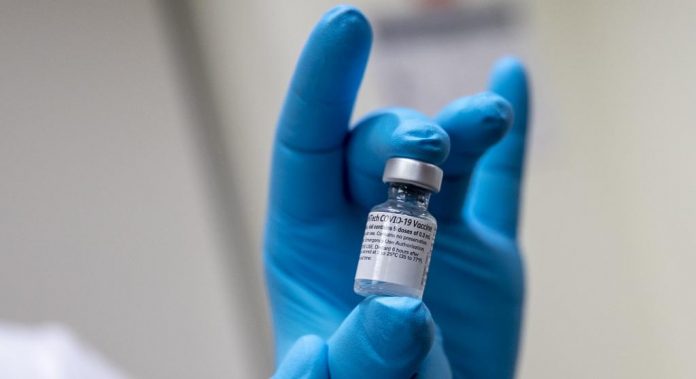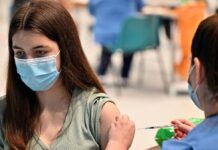
The UK’s Covid-19 vaccination programme is continuing to make progress, with more than half of the population now given a first dose.
This week has seen people in their 40s called up to book their vaccines, and now many are looking ahead to the next step of the rollout.
Here’s when people in their 30s in England may be invited to get their jabs, and who can book their vaccination appointments now.
When will 30-year-olds get the vaccine?
People in their 30s in England are set to be called up for a Covid-19 vaccine in the next fortnight, i exclusively reported.
Mid-May should see a fresh surge in numbers of people to receive their first dose of the jab, ministers expect, with those aged 35-39 likely to be invited in the week starting 10 May.
If all goes to plan, this could mean the rollout will be several weeks ahead of the government’s formal target which is to give a first dose of the vaccine to all adults by the end of July.
Who can get the vaccine now?
People aged 40 and 41 are the latest to be invited to book their vaccines in England and can expect to receive a text shortly.
This week has seen the booking system open up to all people in their 40s, in descending age order over the past few days.
https://twitter.com/MattHancock/status/1388025937111965697?
All those aged 40 and over can now book their appointments using the NHS vaccination booking website, here.
Two doses of the vaccine are needed, usually 11-12 weeks apart – both appointments should be booked at the same time.
Those now able to get the vaccine through the NHS booking service are those who:
- are aged 40 or over
- turn 40 before 1 July 2021
- are at high risk from COVID-19 (clinically extremely vulnerable)
- have a condition that puts you at higher risk (clinically vulnerable)
- have a learning disability
- are eligible frontline health or social care workers
- get a Carer’s Allowance, get support following an assessment by your local authority or your GP record shows you’re a carer






